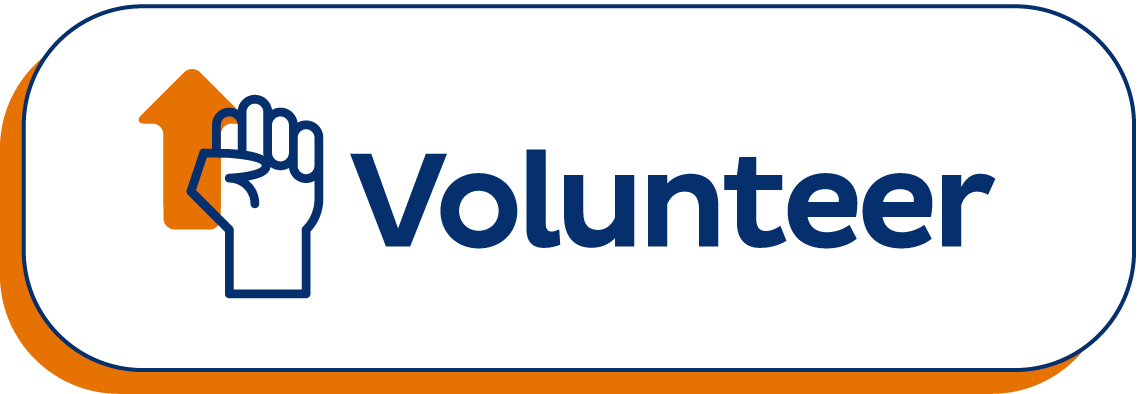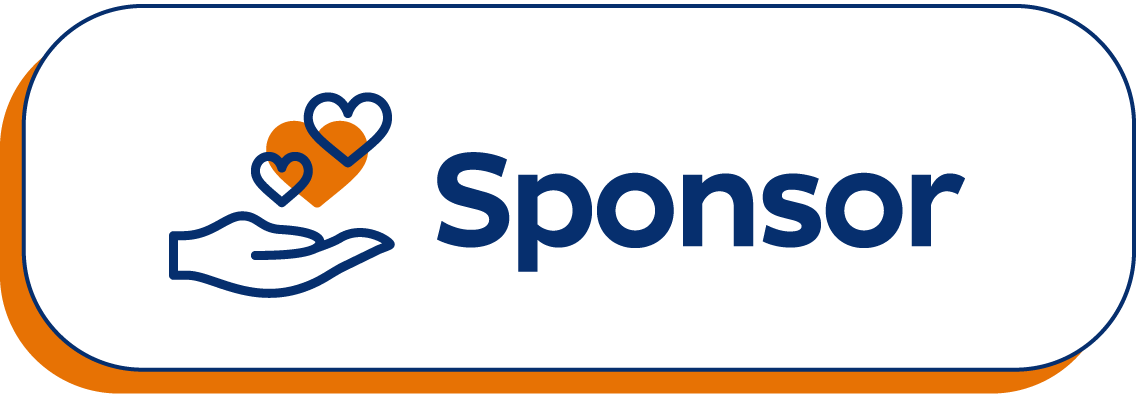| Jocelyn Chng CEO at JR Food Bachelor of Arts - Philosophy & Executive Master of Business Administration (EMBA) (2012) Jocelyn studied at NUS as an undergraduate student in philosophy and completed her EMBA at NUS in 2012. With a keen passion for food and her father’s business at JR Group, she took over her father’s business at Sin Hwa Dee and went on to be the founder and CEO of JR Group. JR Group provides ready-to-serve meals at low costs. In 2008, JR Group created the first hot food vending machine in Singapore, Chef-in-Box. In 2016, it introduced the world’s first fully automated and unmanned vending machine restaurant, the Chef-In-Box Vendcafé, which is now scattered over Singapore. |
Share about your journey as CEO at JR Group and what are some of your key milestones? When I was younger, I was part of the business that was run by my father and eventually, I developed a passion for food and sauces which is why I took over my father’s business. I wouldn’t really think of them as key milestones, but changes in the business environment. Over the years, it is now very different in terms of how to operate the business as the customers’ needs have changed and it is important to understand them while adapting to them. Especially now with the changes in digitalization, we can utilize these new tools to operate and meet the changing needs. In the past when my parents were running the business, it was very traditional, where we fermented sauces in the traditional way and there was no email, but now we have all the know-hows using technology to help us increase our efficiency and quality, and we also try to invest in research and development so that we can keep adapting and producing something better every time. How have your priorities in managing the business changed over time with the changing environment? As an entrepreneur who is first starting, the key thing is to know what you want and be involved operationally, looking into every area involving supply-chain and production. As we move along, our roles changed because we hired people to specialize in their areas of strength and aim to impart the knowledge to the relevant manager, slowly going into more of a management role. As a manager, you can’t do everything yourself, so it is important to get employees who are good at what they are doing, for instance, finding younger and tech-savvy people to specialize in social marketing or food scientists with a deep understanding of the subject to help us. Then as a Manager, we would have to find the right people to make each part of the process better be it finance, marketing, ordering, distribution, or product and piece all these areas together to make it into an end-product. Additionally, we also use technology to help us manage the supply chain. As we grow, we need people who are more skilled than us to work on what they are good at. Therefore, our team now contains people with different specialized areas. As a manufacturing company, it is also important to always think about how to make daily changes to make every day better, exploring and find ways to make the product better and more customer-centric, such as the method to make our vending machines better so that customers will come back. If we improve daily, eventually the whole process will become easier. What would your day-to-day job scope consist of? Personally, I love to work with the various partners in our business, be it a collaboration day with the chef for research and development or cooperation with the customer for feedback and to improve. Hence, I usually have many meetings every day. I aim to listen to other people’s opinions so that we can work towards a win-win result. It is always about thinking: how we can make something different or somebody’s life better? If you think about the need and go towards that, the journey becomes very exciting because it is no longer what you must do or what you need to do at work, but “what is the need of the market or business?” Why did you pursue business? I believe that it is very fulfilling to work towards making our products better or improving someone’s life. For example, when we are producing our meal, we aim to think from the point of view of the customer, looking into the health aspects and how to make life better for them. Additionally, over the years, I have also developed a passion for foods and sauces as well as the business, which is why I am interested in managing this business. I also enjoy exploring and using technology in research and development, always striving to improve the business. It is not about the dream, but how to execute it effectively. What is the model? What makes it stand out? Aim to simplify the running of the business. What are your biggest takeaways from your EMBA with NUS? EMBA with NUS was a platform to learn from other people who have successful businesses as well, and see things from a broader perspective, setting strategies and areas to improve business. Most importantly, I have also formed relationships with other students and professors where we give ideas to each other on how things can work, and till now, we are keeping in touch with one another. As an entrepreneur, I find it enjoyable to be able to know so many people. What do you think are some important qualities in an entrepreneur? You need to be passionate about what you’re doing. As I have a passion for food, I could invest my thoughts into the business. When you are passionate about what you’re doing, running the business will feel very fulfilling and not feel like work. Perseverance. When you run a business, you will tend to face naysayers and people who have different mindsets and viewpoints. You might also face a lot of issues, so it is important to have a firm standpoint and not give up. In terms of skill sets, it is important to have a good understanding of the various branches in a business such as Finance, Marketing, Supply-chain, and managing different skill sets from different people and how it contributes to the grand scheme of things. It is also important to see things from a broader perspective and to craft out the right direction and model for the business. What are some highlights and challenges as an entrepreneur and manager? Challenges: The tight job market, and the pandemic as well as the competition. It is challenging but it is important to think out of the box and how to make it work, how to make it into an opportunity. In difficult times, there are always opportunities, hence it is important to think about how to make it into an advantage. Highlights: If you think of it as a journey over 30 years, to make improvements to the business every day, there is value in seeing the improvements to the company in the long term which makes the process very fulfilling. Key to Success: "In difficult times, there are always opportunities, hence it is important to think about how to make it into an advantage. When you are passionate about what you’re doing, running the business will feel very fulfilling and not feel like work.” Interviewer/Editor/Writer: Alicia Teo, NUS BBA Year 3 |






